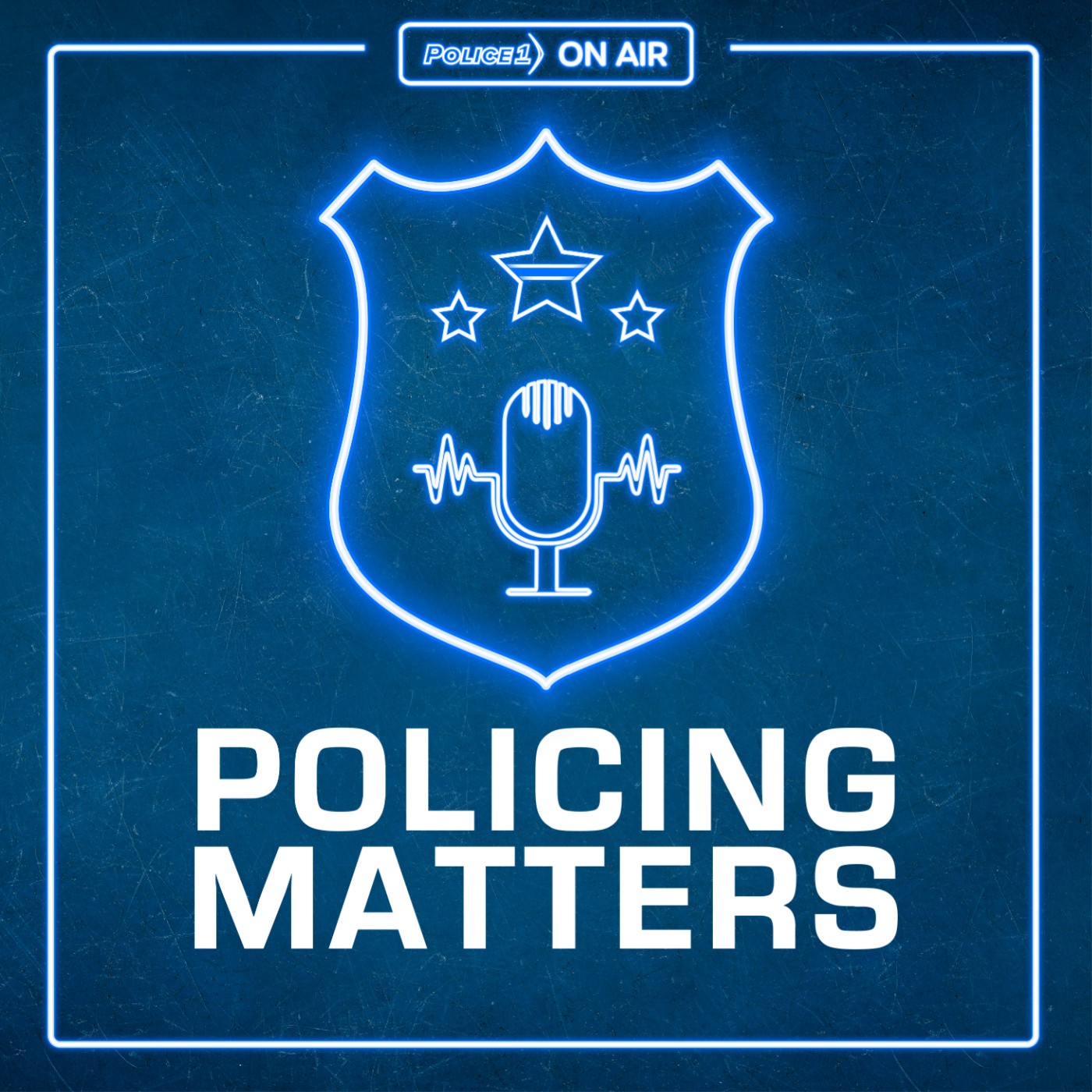
Talking the beat to cover what matters to you as an LEO. Join deputy chief Jim Dudley (ret.) every weekly as he sits down with law enforcement leaders and criminal justice experts to discuss strategy, challenges and trends in policing.
Talking the beat to cover what matters to you as an LEO. Join deputy chief Jim Dudley (ret.) every weekly as he sits down with law enforcement leaders and criminal justice experts to discuss strategy, challenges and trends in policing.
Episodes
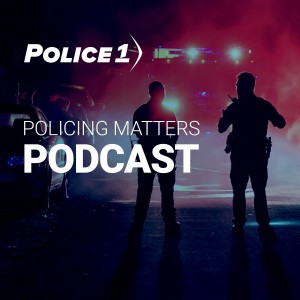
Friday Sep 11, 2020
PERF’s Chuck Wexler on critical issues impacting law enforcement
Friday Sep 11, 2020
Friday Sep 11, 2020
Founded in 1976 as a nonprofit organization, the Police Executive Research Forum (PERF) is a police research and policy organization and a provider of management services, technical assistance and executive-level education to support law enforcement agencies. In this episode, host Jim Dudley chats with PERF Executive Director Chuck Wexler about the organization’s current work in development of best practice policy and dissemination of law enforcement resources and information, as well as how PERF is addressing the critical issues facing law enforcement agencies today.
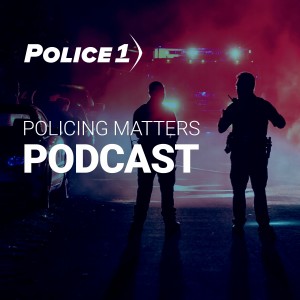
Friday Sep 04, 2020
Dead tired: Fighting fatal fatigue in law enforcement
Friday Sep 04, 2020
Friday Sep 04, 2020
When it comes to police officers and sleep there is one certainty – cops are not getting enough shut-eye. But did you know that moderate sleep deprivation produces impairments equivalent to those of alcohol intoxication? With mandatory overtime, court appearances and in-service training all taking a toll on the time available for officers to actually sleep, what can cops and their supervisors to do ensure sleep deprivation doesn’t result in fatal errors? In this episode, host Jim Dudley chats with Dr. Stephen James, an assistant research professor at Washington State University, about his work relating to the interaction between physical stressors, such as sleep-related fatigue, and police performance.
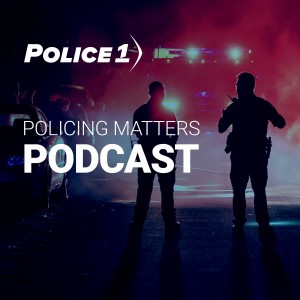
Friday Aug 28, 2020
Promoting mental wellness in law enforcement
Friday Aug 28, 2020
Friday Aug 28, 2020
Blue H.E.L.P. is a nonprofit organization that collects law enforcement suicide data and supports families of officers who have died by suicide. In this episode, host Jim Dudley talks with Karen Solomon, president and co-founder of Blue H.E.L.P., about the work of the organization to put a spotlight on the issue of mental wellness in law enforcement.
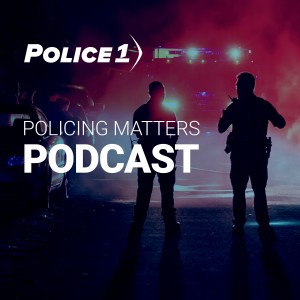
Friday Aug 21, 2020
How the NLEOMF honors the fallen and prioritizes officer safety
Friday Aug 21, 2020
Friday Aug 21, 2020
The National Law Enforcement Officers Memorial Fund (NLEOMF), founded in 1984, has a three-pronged mission: to honor fallen officers, make it safer for those who serve, and educate the public about the history of American law enforcement. In this episode, host Jim Dudley speaks with Robyn Small from NLEOMF about the fund’s recent mid-year LODD report, the work of the National Law Enforcement Museum and other current initiatives.
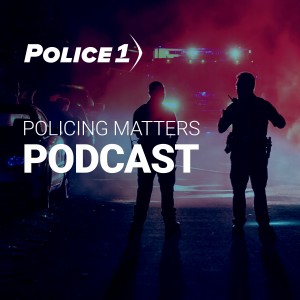
Wednesday Aug 12, 2020
How to successfully promote in policing
Wednesday Aug 12, 2020
Wednesday Aug 12, 2020
Whether you want to make the jump from field training officer to detective or captain to chief, honesty during the promotional process is key to securing the position, but identifying your weaknesses as well as your strengths when facing an interview board can be a challenge. In A Cop's Simple Guide to Promotion Preparation, Millbrae (California) Police Chief Paul Kunkel helps officers walk through the police promotion process. In this episode, host Jim Dudley talks with Chief Kunkel about his top tips for promotional success.
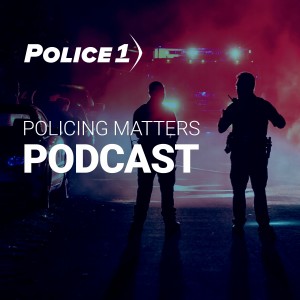
Friday Aug 07, 2020
Why police reform must be evidence-based
Friday Aug 07, 2020
Friday Aug 07, 2020
Founded in 2015, the American Society for Evidence-Based Policing was born out of the drive to advance the state of policing in America through the use of scientific evidence. Co-founder Renée Mitchell served in the Sacramento Police Department for 22 years and currently resides with RTI International, an independent, nonprofit research institute. She holds a B.S. in Psychology, a M.A. in Counseling Psychology, a M.B.A., a J.D., and a Ph.D. in Criminology from the University of Cambridge. In this episode, host Jim Dudley talks with Dr. Mitchell about why elected officials must work with police leaders to consider the research when designing strategies to reduce crime and disorder while maintaining the trust and confidence of the public we serve.
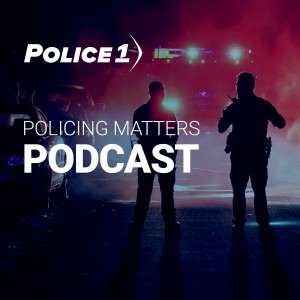
Friday Jul 31, 2020
How an Irish angel is looking out for U.S. cops
Friday Jul 31, 2020
Friday Jul 31, 2020
Irish Angel is an organization based in Ireland, with offices in New York and Boston, that specializes in providing support for law enforcement officers and military personnel in regard to PTSD, mental health issues, anxiety, and alcohol and drug dependency. In this episode, host Jim Dudley chats with Amanda Coleman, the executive director and founder of the nonprofit group, about what inspired her to launch Irish Angel and why U.S. cops have been the focus of assistance provided to date.
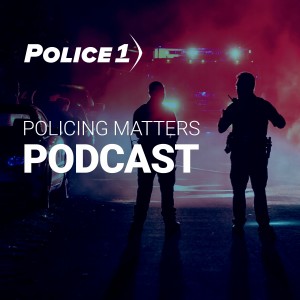
Friday Jul 24, 2020
What Scottish police can teach U.S. cops about de-escalation
Friday Jul 24, 2020
Friday Jul 24, 2020
In Volusia County, Florida, annual arrests dropped by almost 30% from 2017 to 2019 even though call volume remained steady, and the recorded frequency of Volusia deputies using force fell by nearly half, from 122 annual incidents to 65. Volusia Sheriff Mike Chitwood credits a visit to Scotland in 2015 for helping implement new de-escalation strategies that have assisted not only in reducing the use of force, but also officer injuries. In this episode, host Jim Dudley discusses the strategies and training in place at Volusia County with Sheriff Chitwood and how other agencies could implement similar programs.
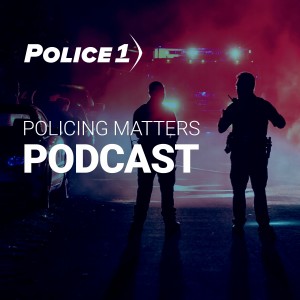
Friday Jul 17, 2020
How Shop with a Cop humanizes the badge
Friday Jul 17, 2020
Friday Jul 17, 2020
In this episode of Policing Matters, Jim Dudley sits down with Darrell Cortez to discuss how the "Shop with a Cop" program helps cops engage with the community and humanize the badge.

Friday Jul 10, 2020
Why every chief needs to be conversing online
Friday Jul 10, 2020
Friday Jul 10, 2020
While our nation’s law enforcement officers have previously faced anti-police sentiment, what is different about the current crisis is the presence of social media, which has moved discussions about police reform online. These online conversations are happening with or without law enforcement, so one of the most important things chiefs can do is acknowledge this new reality and participate. In this episode, host Jim Dudley talks to Yael Bar-tur, a social media consultant who previously served as the director of social media and digital strategy for the New York City Police Department, about how agencies can integrate social media into policing strategy and make it a meaningful part of community relations outreach.
